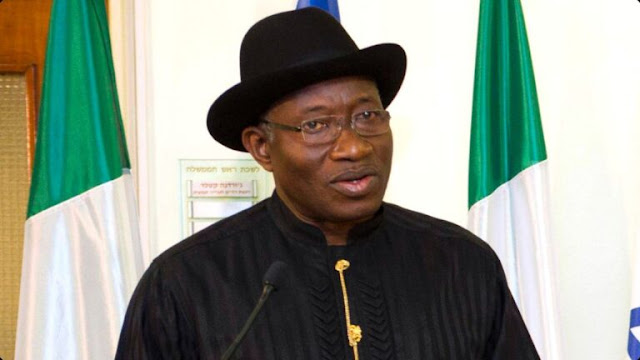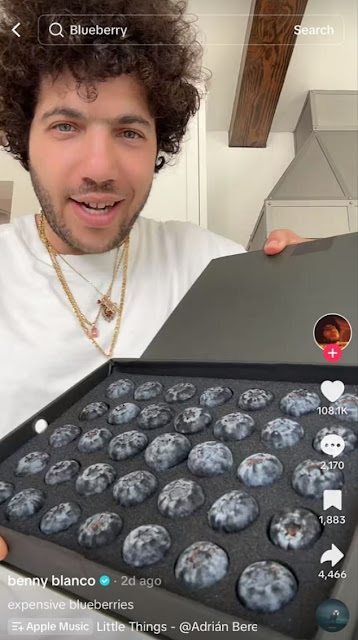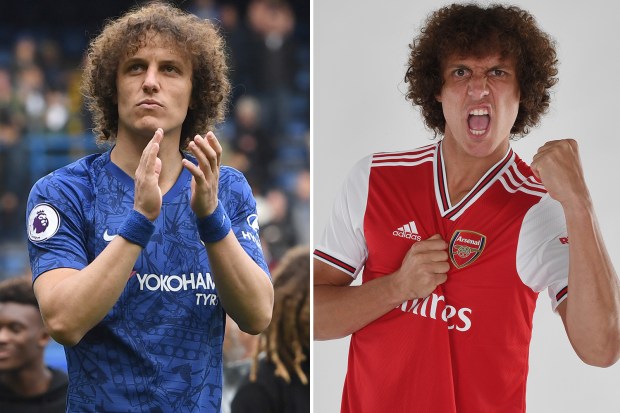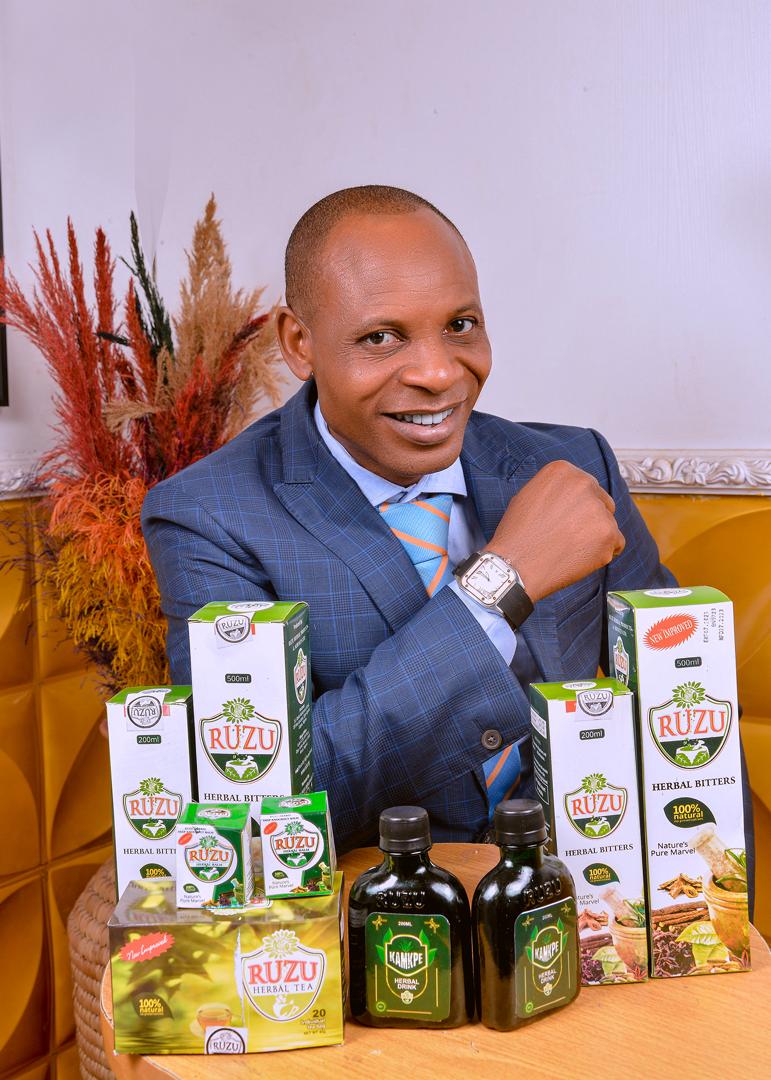KANO, Nigeria – August 25, 2025 – A pro-Jonathan advocacy group, Bring Back Our Goodluck, has launched a passionate campaign urging former President Goodluck Jonathan to return to active politics and contest the 2027 Nigerian presidential election. Speaking at a press conference on Sunday at the Aminu Kano Centre for Democracy, Research and Training, Mambayya House, in Kano, the group’s National Coordinator, Dr. Grema Kyari, described Jonathan as the “surest path to rescue Nigeria” from the deepening challenges of hardship, insecurity, and division under the All Progressives Congress (APC)-led government. The group accused the APC of misleading Nigerians in 2015 with unfulfilled promises, arguing that Jonathan’s presidency represented a period of economic stability and national unity. This report provides a comprehensive analysis of the advocacy group’s campaign, the historical context of Jonathan’s presidency, the current socio-economic challenges driving the call for his return, and the broader implications for Nigeria’s political landscape.
A Call for Jonathan’s Return
The Bring Back Our Goodluck advocacy group, a socio-political movement with roots in the Northeast and now expanding to the North-West, held a high-profile press conference on August 24, 2025, to rally support for former President Goodluck Jonathan’s return to the presidency. The event, hosted at the prestigious Aminu Kano Centre for Democracy, Research and Training in Kano, drew significant attention due to its bold critique of the APC and its appeal to Jonathan’s legacy. Dr. Grema Kyari, the group’s National Coordinator, articulated a vision of Jonathan as a unifying figure capable of addressing Nigeria’s pressing challenges, including economic hardship, insecurity, and ethnic divisions.
Kyari’s remarks were both a reflection on the past and a plea for the future. He argued that Jonathan’s presidency from 2010 to 2015 was a period of relative stability, marked by affordable food and fuel prices, youth empowerment programs, and inclusive governance. “We were misled in 2015 by the APC under the late Muhammadu Buhari, Bola Tinubu, Yemi Osinbajo, and Chief Bisi Akande,” Kyari stated. “They sold Nigerians deceitful promises, which they never fulfilled. Instead of progress, the country has been plunged into hunger, poverty, and frustration.”
The group’s campaign is not merely a nostalgic appeal but a strategic effort to position Jonathan as a consensus candidate for the 2027 election. Kyari called on prominent opposition leaders, including former Vice President Atiku Abubakar, Rabiu Musa Kwankwaso, Peter Obi, Rotimi Amaechi, and Nasir El-Rufai, to shelve their personal ambitions and rally behind Jonathan. “2027 is not just another election year; it is a rescue mission to stop the APC’s erosion of democracy,” Kyari emphasized.
The direct appeal to Jonathan was poignant: “In 2015, you chose peace over power. In 2027, Nigeria needs you to choose the people again. Let us chase out bad luck, poverty, and hunger. Let us bring back our Goodluck.” This message, invoking Jonathan’s 2015 concession speech where he declared that “nobody’s ambition is worth the blood of any Nigerian,” seeks to capitalize on his reputation as a statesman committed to national stability.
Historical Context: Jonathan’s Presidency
To understand the Bring Back Our Goodluck campaign, it is essential to revisit Goodluck Jonathan’s tenure as Nigeria’s president from 2010 to 2015. Born on November 20, 1957, in Otuoke, Bayelsa State, Jonathan rose through Nigeria’s political ranks with a meteoric trajectory. A zoologist by training, he served as deputy governor of Bayelsa State from 1999 to 2005, governor from 2005 to 2007, and vice president from 2007 to 2010 under President Umaru Musa Yar’Adua. Following Yar’Adua’s death in 2010, Jonathan assumed the presidency, becoming Nigeria’s 14th head of state. He was elected in 2011 for a full term but lost the 2015 election to Muhammadu Buhari, marking the first time an incumbent Nigerian president conceded defeat.
Jonathan’s presidency was characterized by significant achievements and challenges. His administration oversaw economic growth, with Nigeria’s GDP rebased in 2014 to make it Africa’s largest economy. Programs like YouWin! and the Subsidy Reinvestment and Empowerment Programme (SURE-P) aimed to empower youth and improve infrastructure, respectively. Food and fuel prices were relatively stable, with a bag of rice costing around N7,800, compared to N80,000–N100,000 today, as Kyari noted.
However, Jonathan’s tenure faced criticism for its handling of insecurity, particularly the Boko Haram insurgency in the Northeast. The 2014 Chibok schoolgirls kidnapping became a major flashpoint, with Jonathan’s administration accused of a slow response. Corruption allegations also dogged his government, with high-profile scandals like the $20 billion NNPC fraud highlighted by then-Central Bank Governor Sanusi Lamido Sanusi. Despite these challenges, Jonathan’s decision to concede defeat in 2015 earned him global acclaim, cementing his reputation as a democrat who prioritized peace.
The 2015 Election: A Turning Point
The Bring Back Our Goodluck campaign hinges on the narrative that Nigerians were “misled” into voting Jonathan out in 2015. Kyari alleged that the APC, under the leadership of Muhammadu Buhari, Bola Tinubu, Yemi Osinbajo, and Bisi Akande, made “deceitful promises” of economic prosperity, security, and anti-corruption reforms that were never fulfilled. This narrative resonates with many Nigerians disillusioned by the APC’s performance, particularly under the current administration of President Bola Tinubu, which assumed office in 2023.
The 2015 election was a landmark moment in Nigeria’s democratic history. The APC capitalized on public discontent with Jonathan’s administration, particularly over insecurity and corruption, to secure a historic victory. Buhari’s campaign promised to tackle Boko Haram, fight corruption, and revive the economy. However, the Bring Back Our Goodluck group argues that these promises were not only unfulfilled but led to a deterioration in living standards. Kyari cited the skyrocketing cost of living, with food inflation reaching 22.74% in July 2025, according to the National Bureau of Statistics (NBS).
The group’s claim that Jonathan’s ouster was influenced by foreign powers, particularly the Obama/Biden administration, adds a conspiratorial dimension to their narrative. While such claims are difficult to substantiate, they reflect a broader sentiment among some Nigerians that external actors played a role in the 2015 election outcome. The group’s planned one-million-man march to Jonathan’s home in Bayelsa State aims to amplify this narrative and pressure him to run.
Current Socio-Economic Challenges
The Bring Back Our Goodluck campaign is rooted in Nigeria’s current socio-economic challenges, which the group attributes to the APC’s mismanagement. The NBS reported a headline inflation rate of 21.88% in July 2025, down slightly from 22.22% in June, but still reflective of persistent price pressures. Food inflation, at 22.74%, has made basic necessities like rice, beans, and cooking oil unaffordable for many households. The cost of diesel, a critical input for businesses, surged by 29.72% year-on-year to N1,789.45 per litre, increasing operational costs and contributing to economic hardship.
The naira’s 41.4% depreciation in 2024 has further exacerbated these challenges, raising the cost of imported goods and squeezing corporate profits. The Central Bank of Nigeria’s (CBN) tight monetary policy, with the Monetary Policy Rate at 26.75%, has made borrowing more expensive, deterring investment and slowing economic growth. The World Bank’s estimate that 38.9% of Nigerians live below the poverty line underscores the scale of the crisis, with millions struggling to afford basic necessities.
Insecurity remains a significant concern, with banditry, kidnapping, and separatist agitations plaguing various regions. The Northeast, where the Bring Back Our Goodluck campaign began, continues to grapple with the lingering effects of the Boko Haram insurgency, despite some progress in containing the group. The group’s apology for past allegations linking Jonathan to Boko Haram sponsorship reflects a shift in public sentiment, with many now viewing his administration as more effective in managing security compared to the current government.
The Appeal for a Consensus Candidate
A key element of the Bring Back Our Goodluck campaign is its call for opposition leaders to unite behind Jonathan as a consensus candidate. Kyari specifically named Atiku Abubakar (Peoples Democratic Party), Rabiu Kwankwaso (New Nigeria People’s Party), Peter Obi (Labour Party), Rotimi Amaechi (APC), and Nasir El-Rufai (APC) as figures who should set aside their ambitions to support Jonathan. This appeal reflects the group’s belief that a fragmented opposition would struggle to defeat the APC in 2027.
The call for unity is driven by the opposition’s struggles in recent elections. The 2023 presidential election saw Atiku, Obi, and Kwankwaso split the opposition vote, allowing Tinubu to win with 36.61% of the vote. The Peoples Democratic Party (PDP), Jonathan’s former party, has been weakened by internal crises, particularly since the 2022 primaries, which produced Atiku as the flagbearer and led to defections by key figures like Nyesom Wike. The Labour Party and NNPP, led by Obi and Kwankwaso, respectively, have gained traction but lack the PDP’s national structure.
Jonathan’s appeal as a consensus candidate lies in his reputation as a detribalized leader who appointed officials across ethnic and religious lines during his presidency. His 2015 concession and subsequent role as a statesman, including leading international election observation missions for the Economic Community of West African States (ECOWAS), have enhanced his credibility. However, his potential candidacy faces challenges, including legal questions about his eligibility to run again, given the constitutional limit of two presidential terms. A 2022 court ruling clarified that Jonathan is eligible to contest, as his first term was not completed under election but as an acting president.
Stakeholder Reactions: Mixed Sentiments
The Bring Back Our Goodluck campaign has elicited varied reactions from stakeholders. Supporters of the campaign, particularly in the Northeast and North-West, view Jonathan as a unifying figure capable of addressing Nigeria’s challenges. “Jonathan’s administration was under-appreciated,” said PDP Deputy National Publicity Secretary Mallam Ibrahim Abdullahi. “Many Nigerians now realize the mistake they made in 2015 and are pleading for his return.”
However, critics argue that Jonathan’s return would not address Nigeria’s systemic issues. Human rights lawyer Dele Farotimi stated, “Replacing Tinubu with Jonathan won’t solve our problems unless we address structural decay.” He argued that a “thousand Goodluck Jonathans” would struggle without reforms to tackle corruption and institutional failures. Former Senator Shehu Sani also cautioned Jonathan against running, citing the PDP’s weakened state and internal divisions. “The PDP he used to know is not the PDP now,” Sani said.
Retail voters expressed mixed sentiments. “Jonathan was a gentleman, but can he handle today’s challenges?” asked Amina Suleiman, a trader in Kano. Others, like Tunde Orshio in Lagos, welcomed the idea, stating, “Things were better under Jonathan. I’d vote for him again.” The campaign’s planned nationwide tour and march to Bayelsa aim to galvanize public support, but its success depends on Jonathan’s willingness to run and the opposition’s ability to unite.
Implications for Nigeria’s Political Landscape
The Bring Back Our Goodluck campaign has significant implications for Nigeria’s political landscape. A Jonathan candidacy could reshape the 2027 election, potentially unifying the opposition and challenging the APC’s dominance. His reputation as a statesman and his appeal across ethnic and religious lines could broaden his voter base, particularly in the South-South, South-East, and parts of the North. However, his candidacy would face challenges, including competition from other opposition heavyweights and questions about his ability to address Nigeria’s complex issues.
The campaign also highlights the growing dissatisfaction with the APC’s governance. Rising poverty, insecurity, and inflation have fueled nostalgia for Jonathan’s era, despite its flaws. The group’s narrative of a “regime change” orchestrated by foreign powers and local politicians taps into populist sentiments, which could resonate with voters disillusioned by the status quo.
For the opposition, the campaign underscores the need for unity to defeat the APC. A fragmented opposition, as seen in 2023, would likely result in another APC victory. The call for Atiku, Obi, Kwankwaso, Amaechi, and El-Rufai to back Jonathan reflects a strategic effort to consolidate opposition forces, but achieving this unity will be challenging given personal ambitions and ideological differences.
Policy Recommendations
To maximize the impact of the Bring Back Our Goodluck campaign and address Nigeria’s challenges, the following recommendations are proposed:
Strengthen Opposition Unity: Opposition leaders should form a coalition to present a united front against the APC, with clear agreements on roles and policies.
Engage Grassroots Voters: The campaign should expand its outreach to rural and urban communities, emphasizing Jonathan’s achievements and vision for 2027.
Address Legal Concerns: Jonathan’s team should clarify his eligibility to run, addressing constitutional questions to avoid legal challenges.
Develop a Robust Policy Platform: The campaign should articulate a clear agenda to tackle inflation, insecurity, and poverty, building on Jonathan’s past initiatives.
Counter APC Narratives: The opposition should counter APC propaganda with data-driven arguments highlighting the current government’s failures.
Conclusion
The Bring Back Our Goodluck campaign represents a bold attempt to revive Goodluck Jonathan’s political career and position him as Nigeria’s savior in the 2027 presidential election. By highlighting his record of economic stability, inclusive governance, and democratic credentials, the group seeks to capitalize on public dissatisfaction with the APC’s governance. The campaign’s call for opposition unity and its narrative of a misled electorate in 2015 resonate with many Nigerians facing hardship, insecurity, and division.
However, the campaign faces significant hurdles, including Jonathan’s reluctance to run, legal questions about his eligibility, and the challenge of uniting a fragmented opposition. Nigeria’s socio-economic challenges, from 21.88% inflation to widespread poverty, demand bold leadership and systemic reforms, which a Jonathan presidency would need to address. As the campaign gains momentum with plans for a nationwide tour and a march to Bayelsa, its success will depend on its ability to mobilize voters, counter criticisms, and present a compelling vision for Nigeria’s future.






